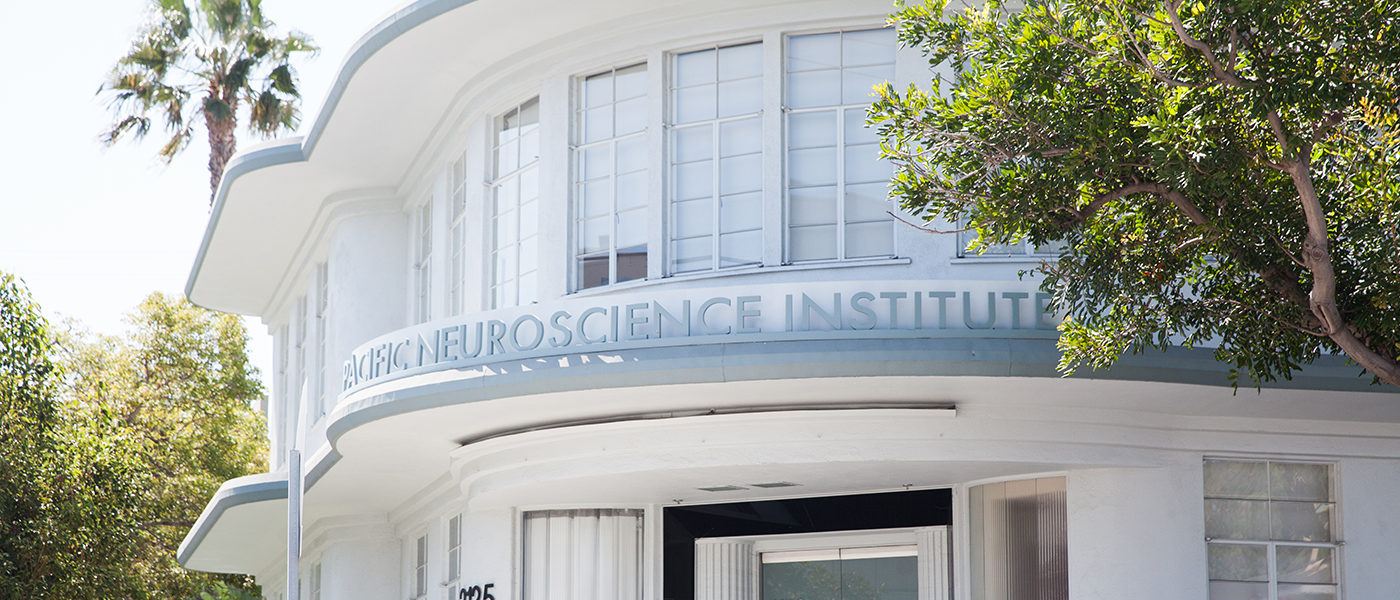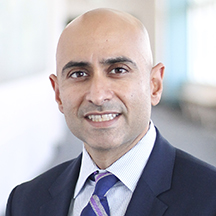
Ramsay Hunt Syndrome
What is Ramsay Hunt syndrome?
Ramsay Hunt syndrome (RHS) is a complication of a shingles infection affecting the facial nerve that leads to unilateral facial paralysis. Shingles is caused by the same virus that causes chickenpox (varicella zoster virus, or VZV). When a child has chickenpox, they will heal and recover, but the virus continues to live in the nerves that were infected, including the facial nerve. Most patients will not develop RHS or shingles, however, if it is reactivated, the facial nerve may become inflamed and irritated and new symptoms will appear.
The syndrome typically includes the following symptoms:
- Unilateral facial paralysis
- Vessicles or a herpetic rash in a distribution of the facial nerve on, in, or around the ear on the affected side
- Burning pain (sometimes described like electricity) associated with the rash
- Hearing loss/dizziness (only if the virus also effects the 8th cranial nerve, so not present in every case)
How is Ramsay Hunt syndrome diagnosed?
Since RHS has a specific pattern and presentation, physicians can often diagnose it based on a thorough medical history, a physical exam, and the disorder’s distinctive signs and symptoms. To confirm the diagnosis, your doctor might take a sample of fluid from one of the rash blisters in your ear for testing.
You may expect the following during a consultation with your doctor:
- Complete history and physical examination
- Examination of the facial nerve function (such as eye closure, blink, smile)
- A blood test to evaluate for the presence of the antibodies to the varicella zoster virus
- Hearing and balance testing
- Magnetic Resonance Imaging (MRI) to evaluate inflammation along the facial nerve and to eliminate other causes of facial paralysis
- Neuromuscular Testing
can be performed to assess facial nerve function and to assess is the nerve is damaged. This is not done for diagnosis but can assist with prognosis and/or treatment planning,.
What are the symptoms of Ramsay Hunt syndrome?
Symptoms of RHS may vary from person to person. However, some or all of these may be present at different times.
- Blisters or a rash in or around the ear. The blisters may also appear on the face or in the mouth.
- Severe pain/burning sensation associated with the blisters/rash.
- Paralysis or weakness on the affected side, which causes the face to droop
- Inability to close the eye or blink on the affected side
- Metallic/Altered taste on half of the tongue
- Inability to smile or frown on the affected side
- Difficulty speaking, eating, and drinking on the affected side due to weakness in the lip and cheek
- Hearing loss on the affected side
- Dizziness/vertigo
- Tinnitus, or ringing in the ear, on the affected side
What is the treatment for Ramsay Hunt syndrome?
Anyone who develops facial paralysis from RHS should be treated promptly, ideally within 72 hours of symptom onset. Unlike Bell’s palsy, patients with RHS may also require topical lotion/creams and/or pain medication to treat the rash and associated pain. If patients experience severe nausea due to dizziness they may also require anti-nausea medications. In rare instances, the symptoms can be so severe that hospitalization is required. However, this decision should be made by a medical expert.
A typical treatment regimen should include the following:
- Initiate 60mg Prednisone for 5 days then taper down over 5 days. (10 days total).
- Initiate antiviral therapy within 72 hours
- Enforce eye protection with artificial tears, lubrication and moisture chamber
- Pain medication
- Topical lotion/cream
- Anti-nausea medication if this is associated with dizziness/nausea
Frequently asked questions about Ramsay Hunt syndrome
No. RHS is not something that someone who is infected can transmit to another person. However, if you have never had chickenpox or have not been vaccinated, you can become infected with chickenpox from close contact with an open rash or a blister that is on a person with RHS.
If someone is immunosuppressed, they are less able to combat infection and the body then becomes at risk for reactivation of the viruses like VZV.
Some medications are known to cause immunosuppression. For instance, chronic steroid use or medications used to treat autoimmune disorders can impair the body’s immune system. Studies have also shown that people who experience significant stress are more likely to suffer from infections than others who do not have significant stress. Thus, it is believed that a relationship exists between stress and RHS or shingles.
The majority (70%) of patients who receive high dose steroids and antiviral treatment within 72 hours will experience a near full recovery. If treatment is not given within 72 hours , the likelihood of making a complete recovery is reduced to approximately 50%.
Unlike Bell’s palsy, in RHS, the severity of symptoms is more closely related to the length of time that it takes to recover. If someone has more severe symptoms, there is a lower chance that normal function will be regained. Conversely, if one has mild symptoms, recovery should take place within a few weeks.
Ramsay Hunt syndrome doctor and specialist
Facial Nerve Disorders Program Director and Otolaryngologist, Dr. Amit Kochhar, has over ten years of experience managing patients with facial paralysis. He treats and is accepting new patients from all over California, Arizona, Nevada, Oregon and Washington.
Meet Dr. Kochhar

In-Person or Virtual Video Visit
Our specialists have consultation openings for new patients.
